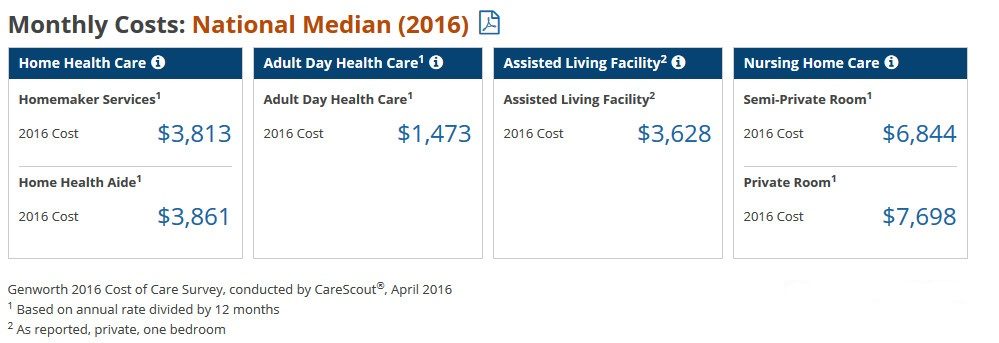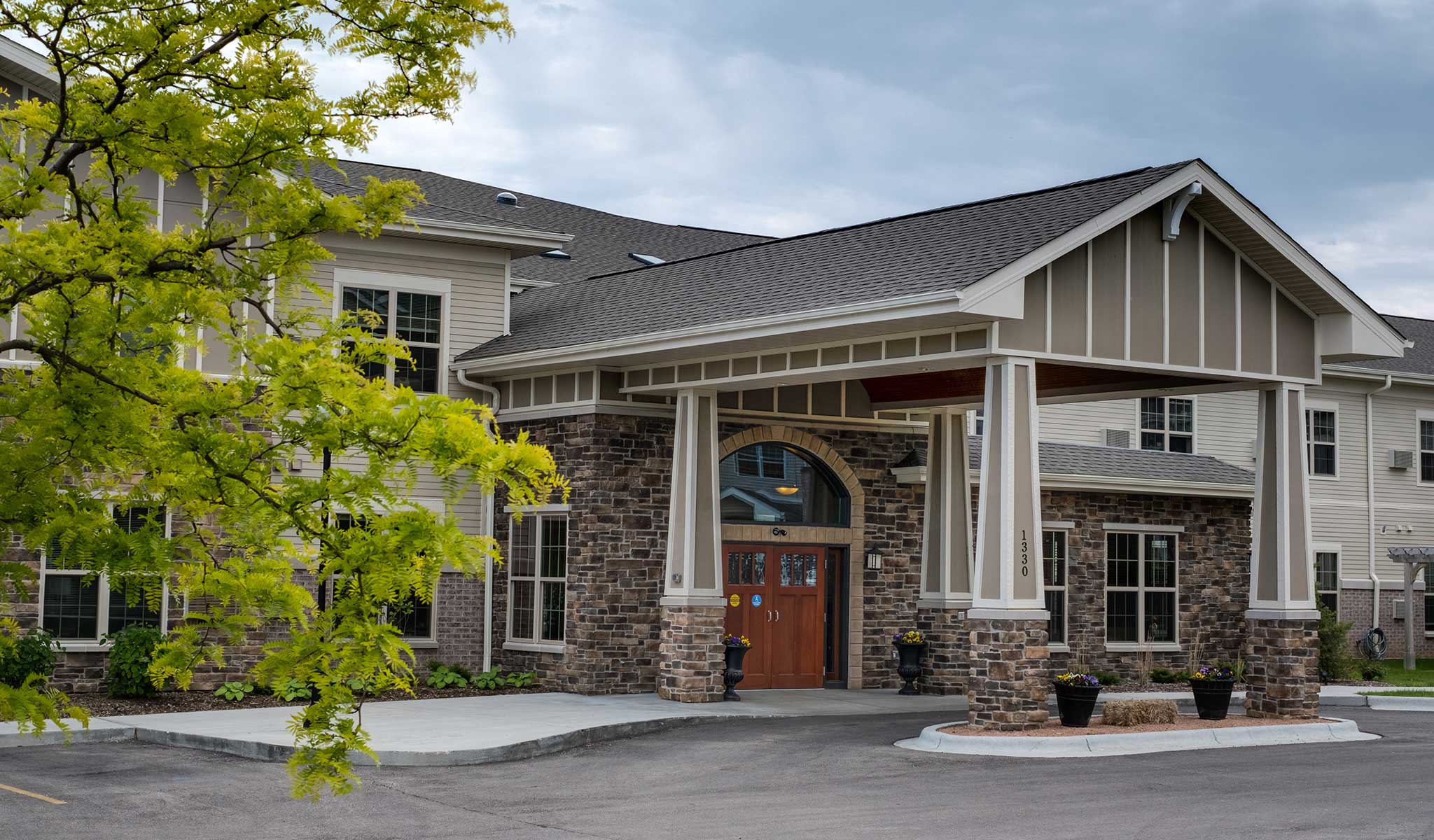
There are many reasons someone may need assistance with dementia care programs. One of the many benefits is the ability to provide 24 hour supervision for someone with advanced dementia. The caregiver can also help the individual with everyday activities, such as dressing and bathing. In later stages, the individual may show signs of aggression and confusion. This condition can prove to be difficult for patients and their families. This article will address the benefits and costs associated with a dementia care program.
Programs to care for the elderly
Medicaid Waivers are government-funded health care programs that allow individuals with certain disabilities to receive care outside of a nursing home. They can receive care at home or in the homes of their relatives. To qualify for Medicaid benefits, individuals must have specific functional limitations and meet specific financial requirements. Many patients with Alzheimer's disease are low-income and do not work, and Medicaid benefits can help offset the cost of care.
Respite care is a way for caregivers to take a break from caring and supporting a loved one suffering from Alzheimer's disease. This service provides assistance for the patient at home, in a hospital, or in an adult day center. It can take anywhere from a few days to several weeks. Respite care services can be used by caregivers as long as they are needed. Respite services are typically charged by the day, or even weekly. Most insurance plans don't cover these services. Families will have to pay the full cost.

Resources for family caregivers
Although family caregivers are often overwhelmed by caring for someone with dementia, they don’t have the burden of it all. Family caregivers in Texas have many resources at their disposal. The National Institute on Aging has helpful tips for family caregivers. They also have information on dementia and its symptoms. The National Institute also offers information on dementia treatment, including clinical trials, and other research findings.
These groups can also prove to be an invaluable resource. These groups can be a safe place for caregivers to share their feelings and seek support. A caregiver support group can also give caregivers the chance to share ideas and learn from others who are in a similar situation. AARP also provides a guide to aid family caregivers in finding resources and finding a dementia-care program. A professional is a great resource for anyone who is trying to decide whether to enroll their loved one in a program for dementia care.
Costs
While the costs of dementia care can be steep, it is not impossible to afford the proper medical care required for a loved one with dementia. To maintain a good quality life, you will need medication, doctor's visits, as well as treatment for any other medical conditions. Many seniors are able to live comfortably and independently for many years even after being diagnosed. Medicaid covers nursing home services, but the costs of care can be prohibitive for some families. There are many ways to pay for dementia care. These include supplemental insurance, nonMedicaid assistance programs and relocation to a less-expensive state.
Although the disease is incurable it is costly to care for. In 2010, the average Alzheimer’s patient paid approximately $41,000. By 2040, this amount is expected to double, reaching nearly $511 billion. Most of these costs can be paid out of pocket. Understanding the options available to you as a payer is crucial. The cost of a facility's services will impact the patient's experience.

Impact on the health care system
Programs for dementia care can improve the quality and life expectancy of people with dementia. Because of their cost-effectiveness, personalized care and affordability, they are increasingly popular. The federal government has provided significant funding to help train medical students. Medicare's Graduate Medical Education Program, which focuses primarily on hospital-based training for medical students, has identified dementia care as a high need area. Funded training programs that are not limited to hospitals should be expanded in order to meet the growing demand for dementia care.
The research team looked at 38 options for dementia policy. Based on their findings they identified 25 priority options for policy that could improve the quality and accessibility to dementia-specific LTSS. These policy options address issues facing caregivers and patients, including stigma and insufficient access to care. These policy options address the health-care system's challenges. They include the need to integrate dementia care programs and improve community resources.